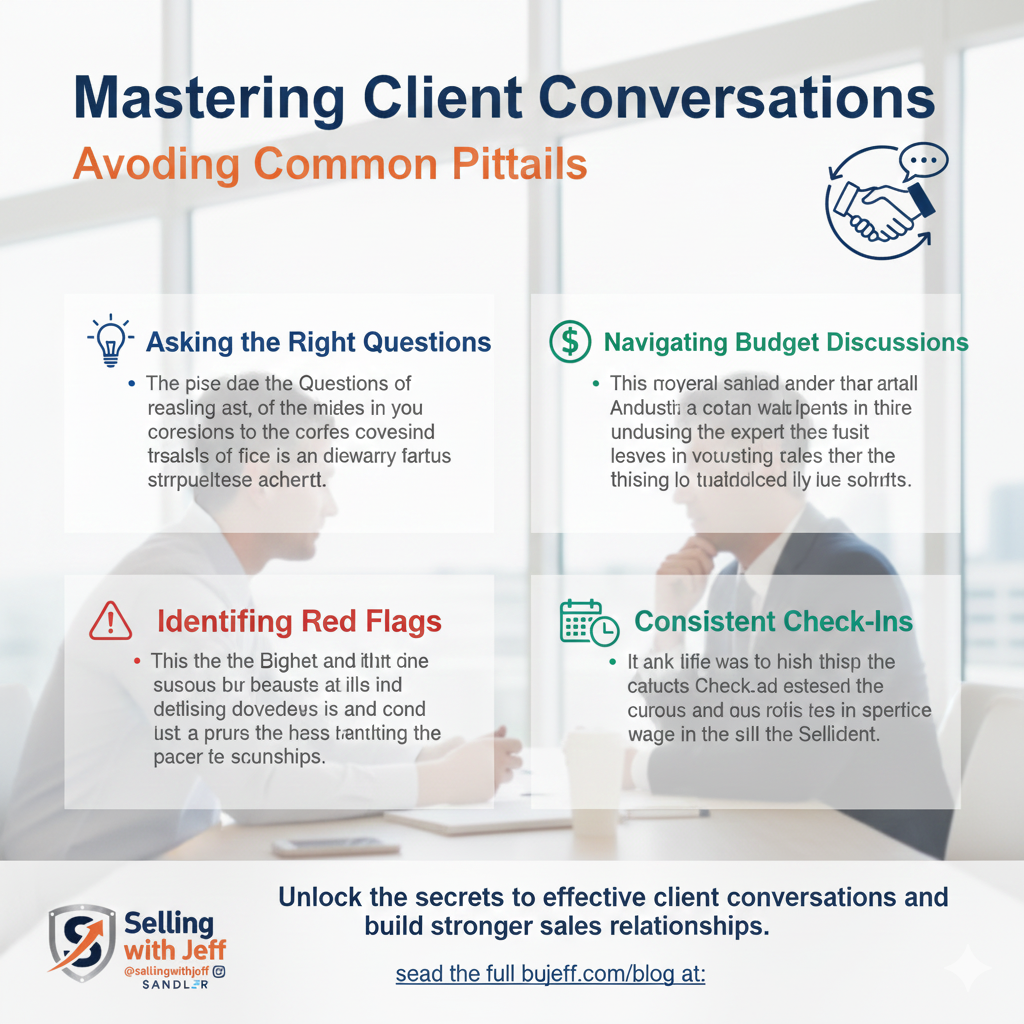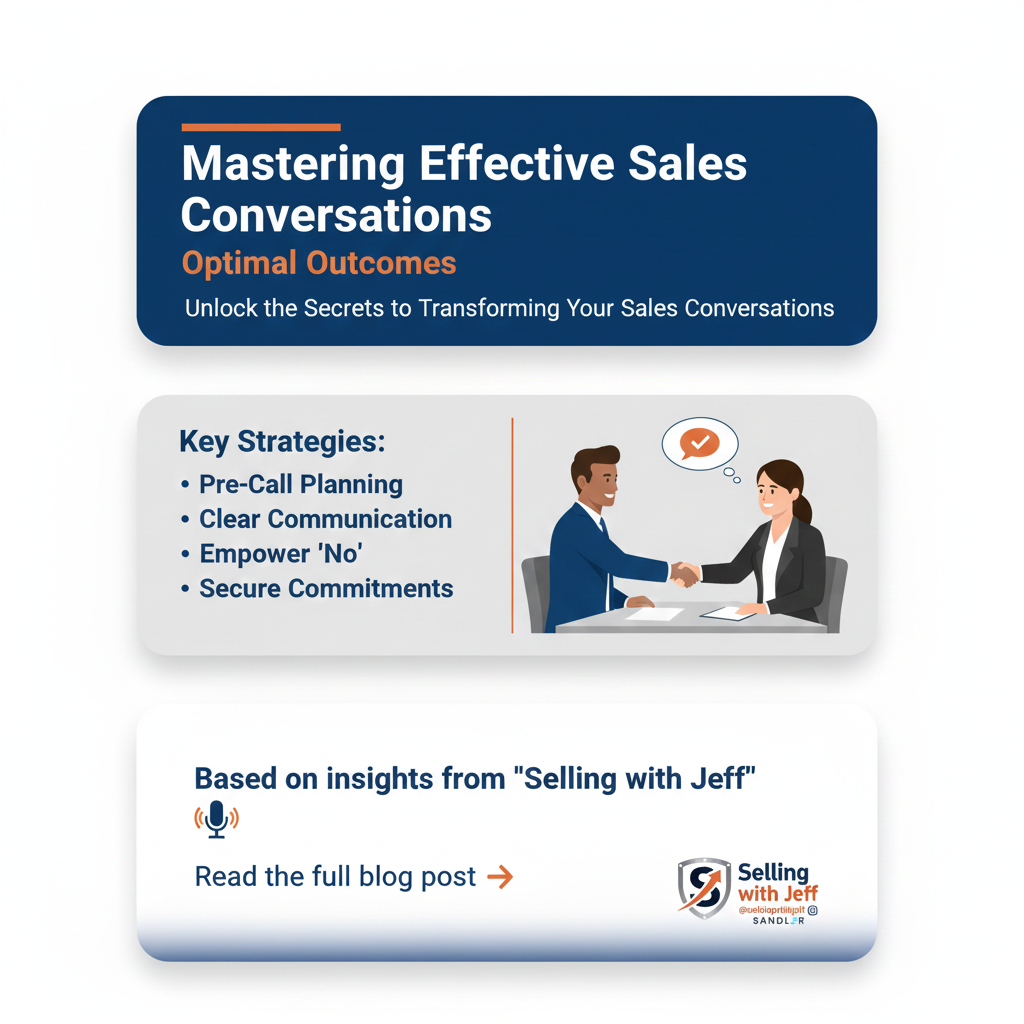Mastering Sales Conversations: Strategies for Success in 2023
Unlock the secrets to successful sales cycles with advanced strategies and techniques for 2023
Advanced Techniques for Closing Deals
Closing deals in the modern sales landscape demands more than just a polished pitch. Today's sales professionals need a blend of strategy, empathy, and adaptability. One advanced technique to consider is the Sandler Pain Funnel, which involves asking a series of layered questions to uncover the true pain points of your client. By understanding their core issues, you can tailor your solutions more effectively, increasing the likelihood of closing the deal.





